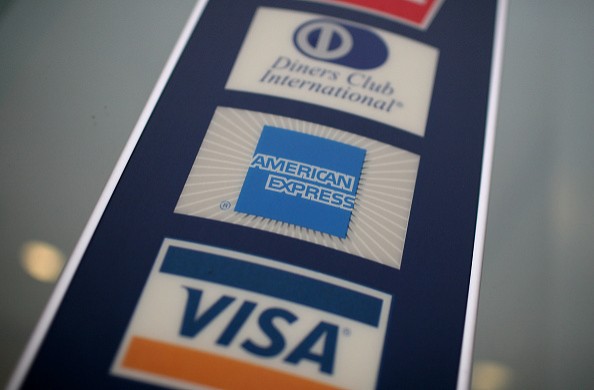
German startup Hawk AI, which creates anti-money laundering (AML) and other forms of fraud protection intelligence for banks, has secured $17 million in a Series B fundraising round.
Hawk AI has already funded $10 million. With the additional $17 million in assets, the firm intends to accelerate its product pipeline and expand internationally.
As reported by TechCrunch, Sands Capital was the lead investor in the Series B funding round, including Picus Capital, DN Capital, the Coalition, and BlackFin Capital Partners.
Problem and Solution
It is estimated that $2 trillion, or up to 5% of global gross domestic product (GDP), is laundered annually, with just 1% of this amount being recovered. This is exactly where Hawk AI is establishing its presence.
Founded in Munich in 2018, Hawk AI is dedicated to enhancing how financial institutions such as banks and payment processing companies manage compliance risks. To this end, the firm has developed a cloud-native, modular AML surveillance system that promises the highest degree of "explainability" in its AI-powered decision-making system.
"Financial Institutions and regulators need to be able to understand and trust AI-driven decisions," Tobias Schweiger, cofounder, and CEO of Hawk AI, told TechCrunch.
He added that the key to getting people to believe and accept such an AI is for it to be fully explainable.
Customers of Hawk AI may create their own risk-rating model by integrating statistics (such as product or geographic data) with dynamic data via tools like payments screening, client screening, monitoring and reporting, transaction fraud, and customer risk evaluation.
Some of its clients include the European spend-management software Moss, the American payments processor North American Bancard, and the Brazilian financial institution Banco do Brasil Americas.
See Also : New Digital Wallet from Massive US Banks to Compete with Apple Pay, PayPal, Google Pay-Why?
Market Data Analysis
Newcomers to the market are making waves alongside industry veterans like Verafin, BAE Systems, and Oracle. These newer players include financial fraud unicorn Feedzai and venture capital-backed startup Feature Space.
In contrast to the clumsy on-premise installations of many of the traditional firms, Hawk AI is highlighting its cloud-native credentials and SaaS revenue model as one of its key differentiators.
However, the company is quick to point out that it is primarily concerned with bringing transparency to the black box in which artificial intelligence (AI) and machine learning algorithms typically reside.
Notably, knowing the reasoning behind an algorithm's decision is crucial, and businesses must be able to explain why a particular customer was labeled as a potential fraudster.
It is important to note that specific anomaly detection programs do provide information on what may have caused a flag to be generated. On the other hand, Hawk AI claims its patented technology provides users with an anticipated range of typical behavior by assigning a score to each risk element in everyday language.
According to the organization, this background information is crucial for determining whether or not a particular instance constitutes suspicious behavior.
See Also : Sid Sarasvati on Spearheading Groundbreaking Scenes in the Generative AI Startup Community

ⓒ 2025 TECHTIMES.com All rights reserved. Do not reproduce without permission.




